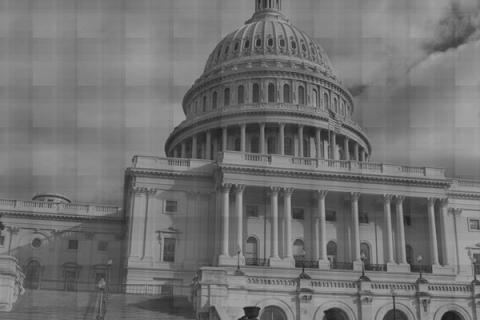
In a new ad released Wednesday by the Libertarian Action Super PAC, former Minnesota Governor Jesse Ventura urged voters to call the Commission on Presidential Debates to say that they want to see Libertarian Party candidate Gary Johnson in the presidential debates:
"Gary Johnson, the former governor of New Mexico, is running for president with the Libertarian Party, and he will be on the ballot in almost all fifty states.Isn't it time that we allowed a credible third party candidate into our presidential debates to tell Obama and Romney when they're wrong? Call the Commission on Presidential Debates today, and tell them you want to see Gary Johnson in the presidential debates, because if this is still a country based on freedom, we shouldn't limit our freedom of choice."
View the full video of the Jesse Ventura Gary Johnson ad below:
http://youtu.be/sA6huN6npO4
Ventura, who has had a colorful career as a Navy SEAL veteran serving in the Philippines during the Vietnam conflict, Hollywood actor, and professional wrestler in the WWF, also served as governor of Minnesota from 1999 to 2003. He won his third party bid for governor-- as the Reform Party candidate-- through a combination of aggressive grassroots activism and television ads using the slogan, "Don't vote for politics as usual."
The former governor credits his access to the televised gubernatorial debates, however, as the decisive factor in his win. In an audience panel interview hosted by CNN's Piers Morgan earlier this month, when an audience member asked Ventura about his thoughts on running for president, Ventura answered:
"I need to have ballot access in all fifty states, and I need some type of guarantee that I will be allowed in the debates, because you cannot win if they won't let you debate, but if you can debate, you can win, because in Minnesota at the primary, I was only polling between eight to ten percent, and I was allowed in the debates. Seven weeks later, I was the governor of Minnesota.You know they always say, Piers, in the private sector, competition's good, right? Isn't that what we always hear? Well how come competition isn't good for president? Why has it been twenty years since we've seen any third voice in a presidential debate? Because these two parties-- they make the rules, and they will not let anyone else win. So I would require huge help from you, the people, because if I do run and I run to win, I would be the first president elected in this country that would belong to no political party since George Washington."
In the LASPAC ad Wednesday, Ventura said:
"When I first started running for governor of Minnesota in 1998, I was polling at only eight percent, however, after I appeared in televised debates, that percentage skyrocketed, because voters saw that I was able to challenge Republicans and Democrats when they were both wrong."
In a June CNN interview promoting his new book, Jesse Ventura endorsed Gary Johnson for president in a segment that was edited out of the interview before CNN published it online:
"If people truly want to rebel this year, then vote for Gary Johnson, the former governor of New Mexico who's running with the Libertarians, who won't get any press coverage because mainstream media is also owned by the corporations."
Ventura is certainly an independent voice in public policy, who levels criticism at both parties and identifies uncritical partisanship as one of the primary causes of public policy dysfunction, but in contrast to the more positive, policy-focused, solutions-oriented tone Gary Johnson strikes, the former Minnesota governor has a reputation for advancing his ideas with a heated, bruising, polemical style of political rhetoric.
Gary Johnson filed an anti-trust lawsuit last Friday, along with his running mate, Judge Jim Gray, against the Commission on Presidential Debates, the DNC, and the RNC, claiming that they are colluding in violation of the Sherman Anti-Trust Act to exclude the Libertarian Party ticket from the presidential debates, despite the electoral viability of the ticket, which will be on the November ballot in forty-seven states.
